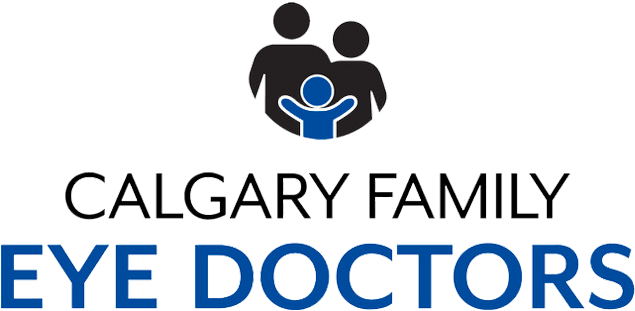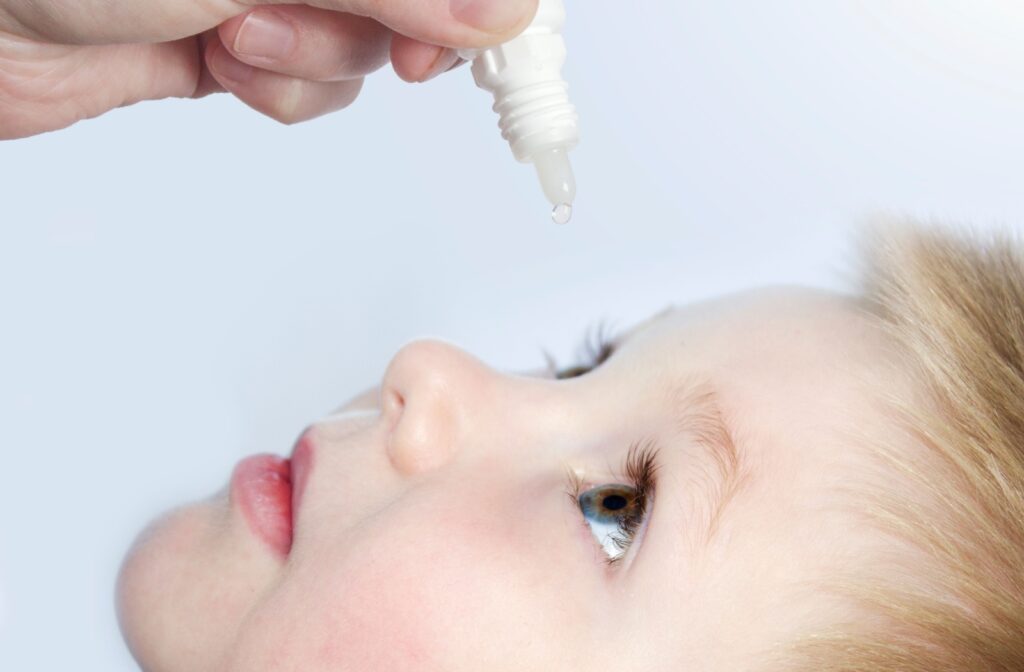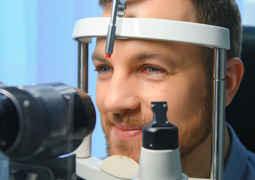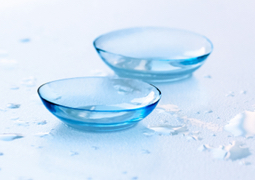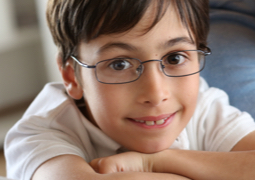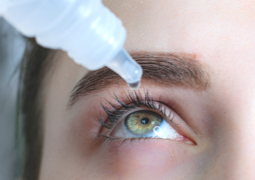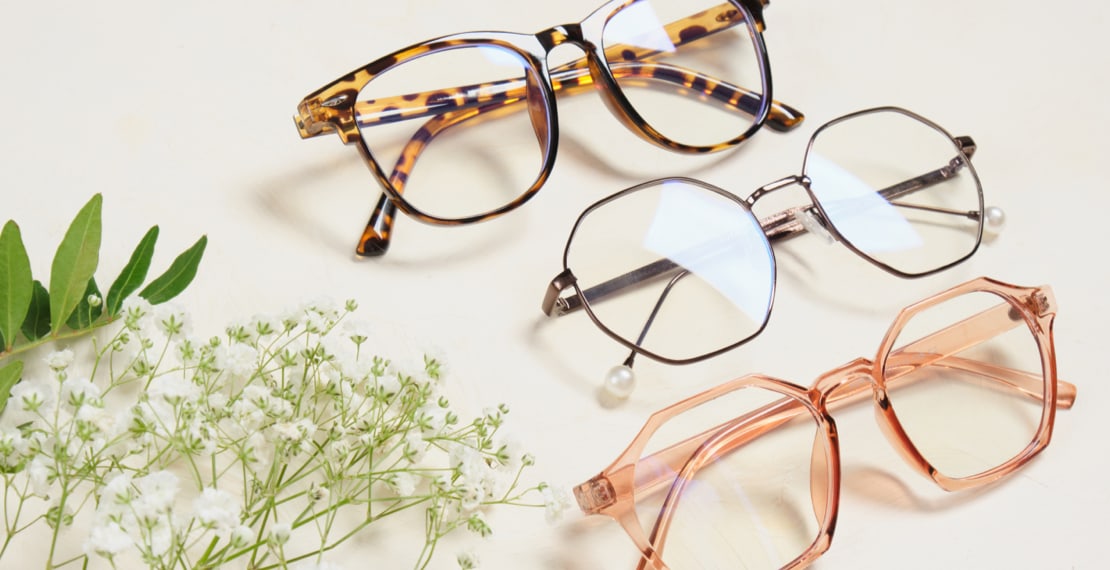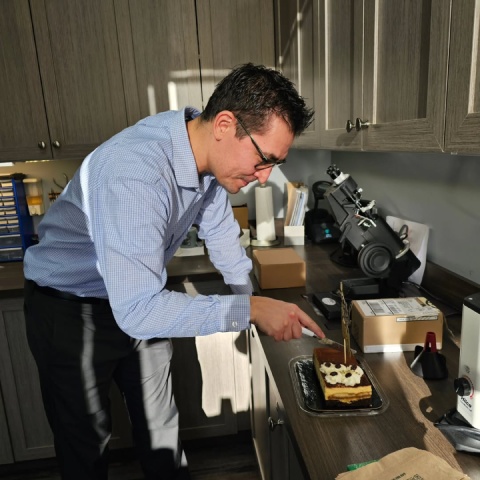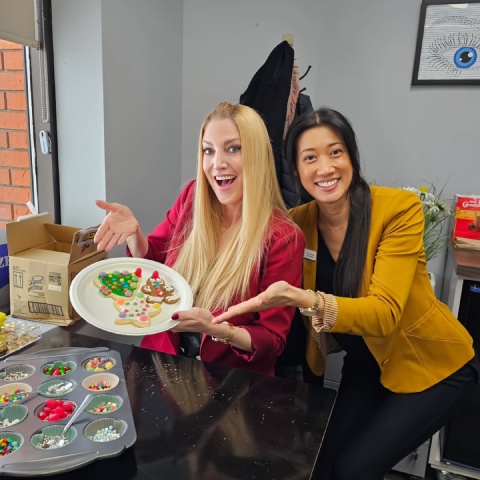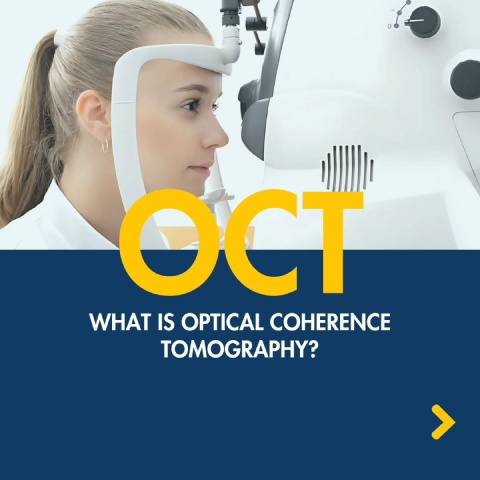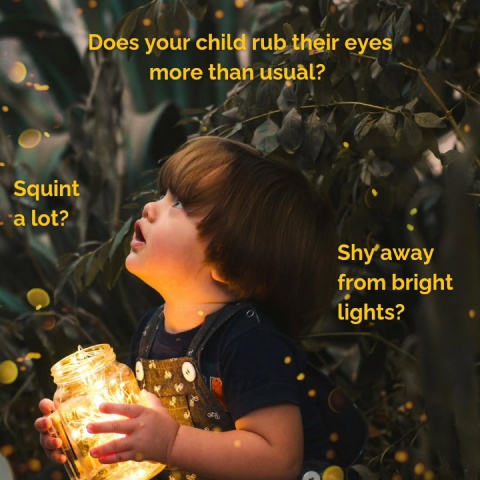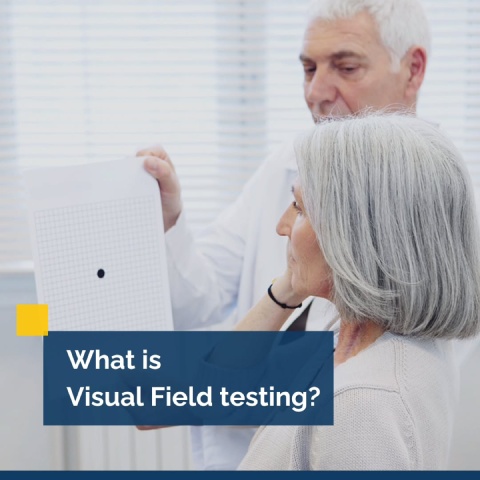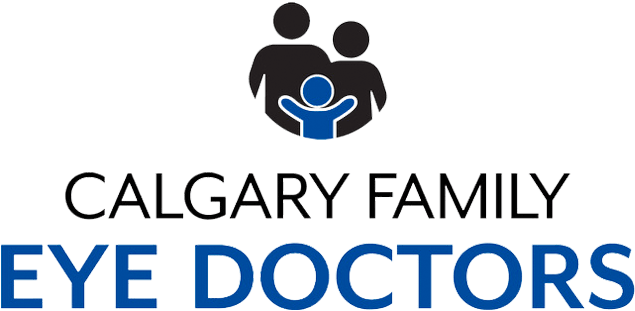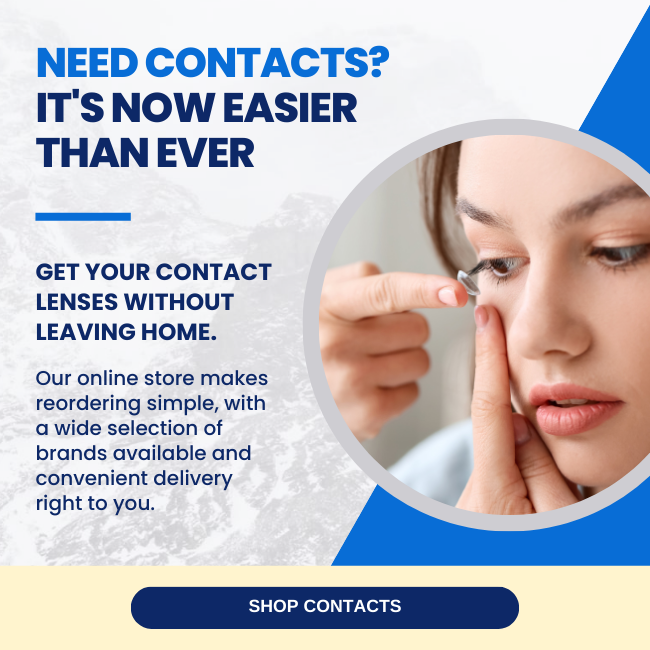Many parents have questions about the safety and efficacy of eye drops for their little ones. Most eye drops are safe for children with the guidance of a healthcare professional. Different types of eye drops serve different purposes, such as alleviating dryness, treating infections, or irritation and allergies.
At What Age Can I Use Eye Drops on My Child?
It’s generally safe to use eye drops on children from a very young age. But for infants and toddlers, prescription eye drops should be administered exactly as directed by a healthcare professional.
Over-the-counter options like lubricating drops can often be used for minor dryness or irritation, but children are more sensitive to specific ingredients. Each product will have different age requirements and dosage instructions, so it’s essential to check the label and consult with a doctor to ensure that the eye drops are appropriate for your child.
How to Administer Eye Drops to Kids
Some eye drops can cause temporary stinging or blurry vision when first applied. This can be unsettling for kids, so it’s helpful to explain what they might feel beforehand. Using expired eye drops can lead to ineffective treatment or even increase the risk of infection. Overuse can potentially cause harm, especially if the product contains preservatives.
Start with clean hands to avoid introducing any new bacteria to the eye. Gently clean around your child’s eyes with a soft cloth and have your child lie down or tilt their head backward. While gently pulling down the lower eyelid, apply the drops into the pocket that forms without touching the dropper to the eye.
Encourage your child to keep their eyes closed for a moment to allow the drops to spread evenly. You can reward and praise your child for their cooperation to help frame eye drops as a positive thing.
Understanding Age-Specific Recommendations
For infants, the use of eye drops is typically restricted to specific medical conditions like conjunctivitis, where antibiotic drops may be necessary. Always seek professional medical advice before using any eye drops on a baby.
For preschoolers and older children, eye drops can be a convenient solution for minor eye irritations and allergies. Always read the label and follow the dosage instructions carefully.
Are There Specific Brands That Would Be Better?
There is no single brand of eye drops that is universally better for kids. The effectiveness and safety of eye drops largely depend on the specific condition they are intended to treat and the individual needs of the child. Ask a healthcare professional who can recommend the right product based on your child’s symptoms, age, and medical history.
Some children may respond better to certain ingredients, and what works well for one child may not be suitable for another. So, rather than focusing on a specific brand, it is more important to choose eye drops that are appropriate for the child’s condition and to follow the guidance of a healthcare provider.
What Eye Drops Can My Whole Family Use?
While there may be eye drop options that can be used by the whole family, including both adults and children, it is recommended to consult with an eye doctor to determine the best choice. Each family member may have different needs or sensitivities, and what works for one person may not be suitable for another.
It’s also important not to share eye drops, even if another family member is using the same type of eye drop. Each person having their own bottles helps to prevent infection.
An eye doctor can provide personalized recommendations based on the specific symptoms and conditions of each family member, ensuring that the chosen eye drops are effective and safe for everyone. A tailored approach helps manage eye health more comprehensively while minimizing the risks of adverse reactions.
What Eye Problems Can I Use Eye Drops for Without Seeing a Healthcare Professional?
Maybe it’s a weekend or a holiday and getting into a doctor may not be an option. What can you use to offer relief in the meantime?
- Dry Eyes: Over-the-counter lubricating eye drops can help relieve symptoms like dryness, irritation, and discomfort.
- Allergies: Antihistamine eye drops can be used to alleviate itchy, watery eyes caused by allergies.
- Redness: Decongestant eye drops can reduce redness and provide temporary relief.
- Minor Irritations: If something minor like dust or pollen gets into the eye, lubricating eye drops can help wash it out.
Read the label for age recommendations and clarify with the pharmacist if possible. If symptoms persist, consult an eye doctor to help address the underlying issue.
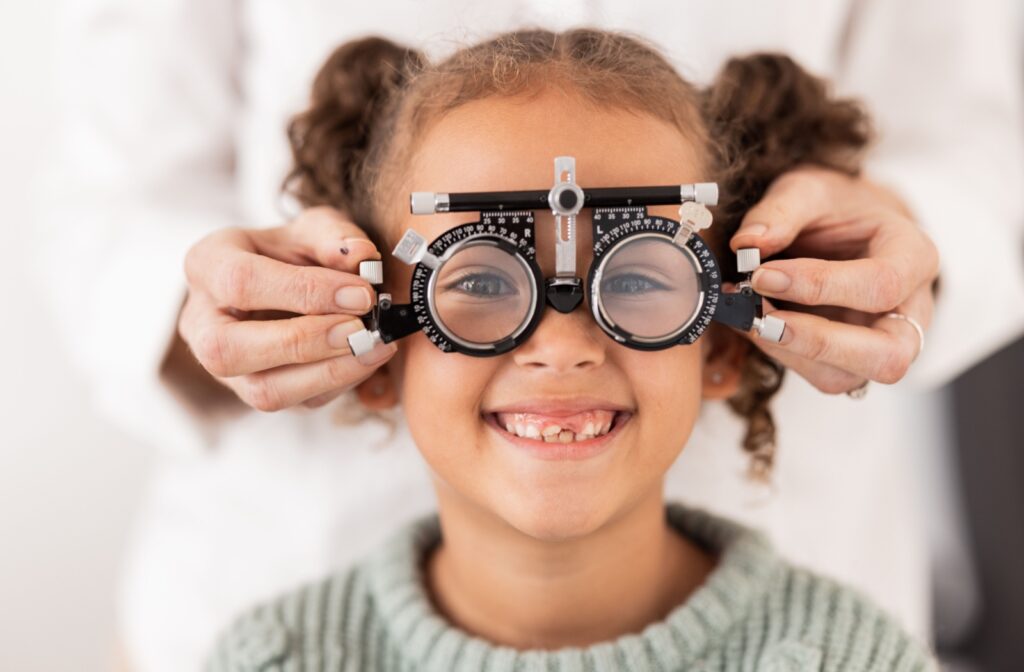
When Should I Bring My Child to an Eye Doctor if Eye Drops Don’t Help?
Persistent Symptoms
If your child’s symptoms persist despite using over-the-counter eye drops, it’s time to consult an eye doctor. Persistent redness, pain, or discharge could indicate a more serious condition.
Severe Pain or Vision Changes
Any severe pain or sudden vision changes require immediate medical attention. These symptoms could be signs of a serious eye condition that needs prompt treatment.
Recurring Issues
If your child frequently needs eye drops for the same issue, it might be best to consult an eye doctor to identify the underlying cause and get a tailored treatment plan.
Prevention
Teaching your child the importance of not touching their eyes, washing their hands regularly, and wearing protective eyewear during activities can go a long way in preventing eye issues. Regular eye exams are recommended for maintaining good eye health. Make it a habit to schedule annual check-ups with your eye doctor to catch and treat any potential issues early.
Keeping Your Child’s Eyes Comfortable
Understanding when and how to use eye drops for your child can help maintain their eye health and keep them comfortable. Check the active ingredients and consult with your pediatrician or optometrist to make sure you’re using the right product for your child’s specific needs.
Book an appointment with us at Calgary Family Eye Doctors for additional assistance, especially if symptoms persist. Our experienced team works with eyes of all ages and can suggest other suitable treatment plans. We offer specialized services for dry eyes, eye diseases, and emergencies.
